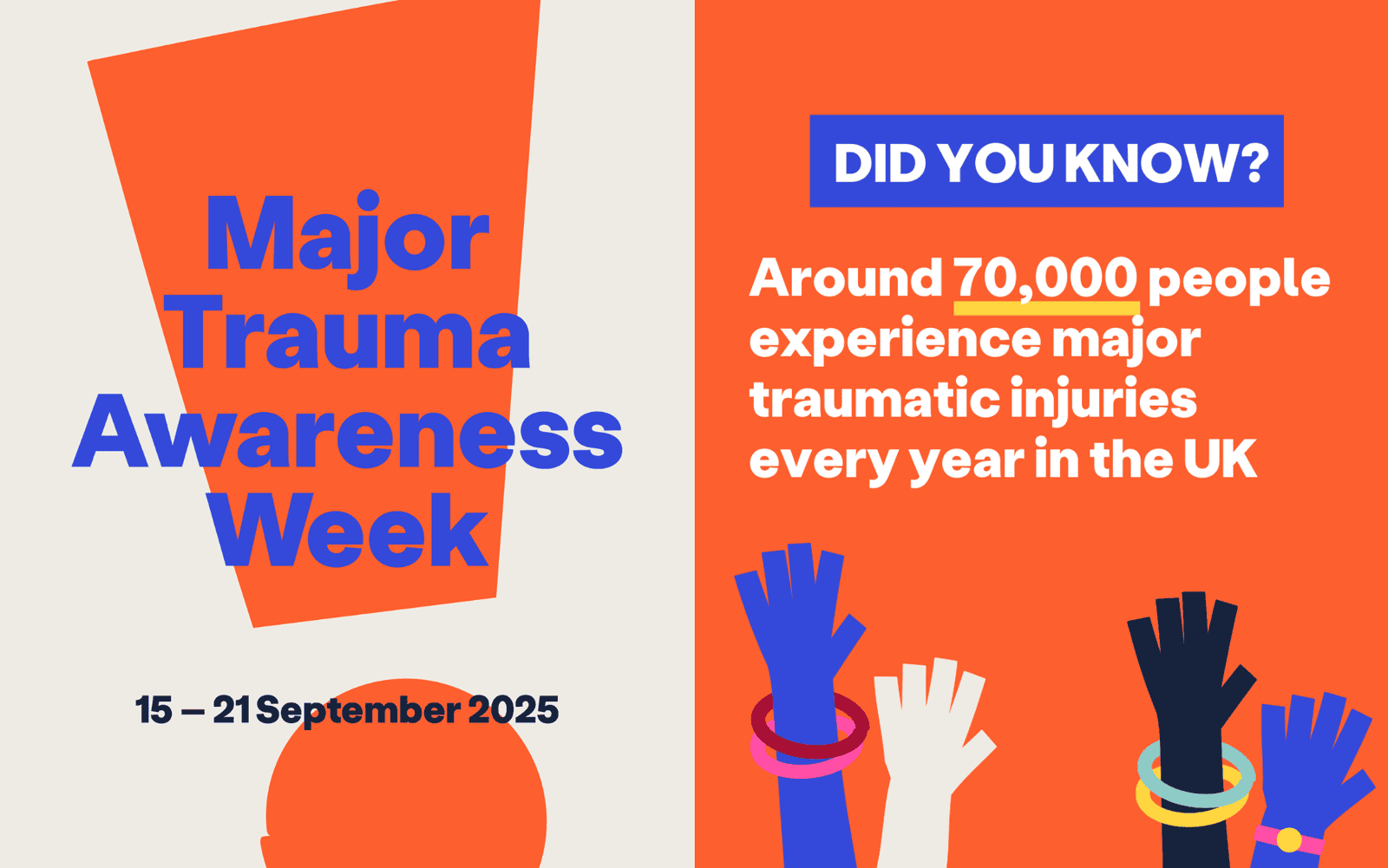When someone you love needs complex care after trauma, one question keeps coming up: "Can we really manage this at home?" The answer, more often than you might think, is yes.
This Major Trauma Awareness Week, Day One Trauma Support is highlighting the power of hope and community in recovery. Because healing happens best when people are surrounded by support - and for many, that means being at home with the people they love.

Recovery in Your Own Home
There's something fundamentally different about receiving care in your own home. You wake up in familiar surroundings, follow routines that make sense to you, and remain connected to the life you've built. These aren't small comforts - they're essential parts of recovery. At home, you're not a patient in a bed. You're still part of your household, your family, your community. That sense of belonging matters enormously when everything else feels uncertain.
Trauma recovery often requires complex medical support - respiratory care, medication management, mobility assistance, and round-the-clock monitoring. Many families worry this level of care isn't possible at home. But with specialist nurse-led care teams who understand both your medical needs and your personal preferences, it absolutely is. Care can be clinical when it needs to be, and gentle when that's what matters most.
Staying Connected to What Happens
Home-based care means you can maintain the relationships and routines that give your life meaning. You're present for family conversations, involved in household decisions, and able to contribute in ways that feel natural to you.
Recovery isn't about getting back to exactly how things were - it's about finding new ways to live well with changed circumstances. That process happens more naturally when you're surrounded by the people and places that matter most to you.
With the right support, trauma recovery at home isn't just possible - it often provides the best foundation for rebuilding and moving forward.

